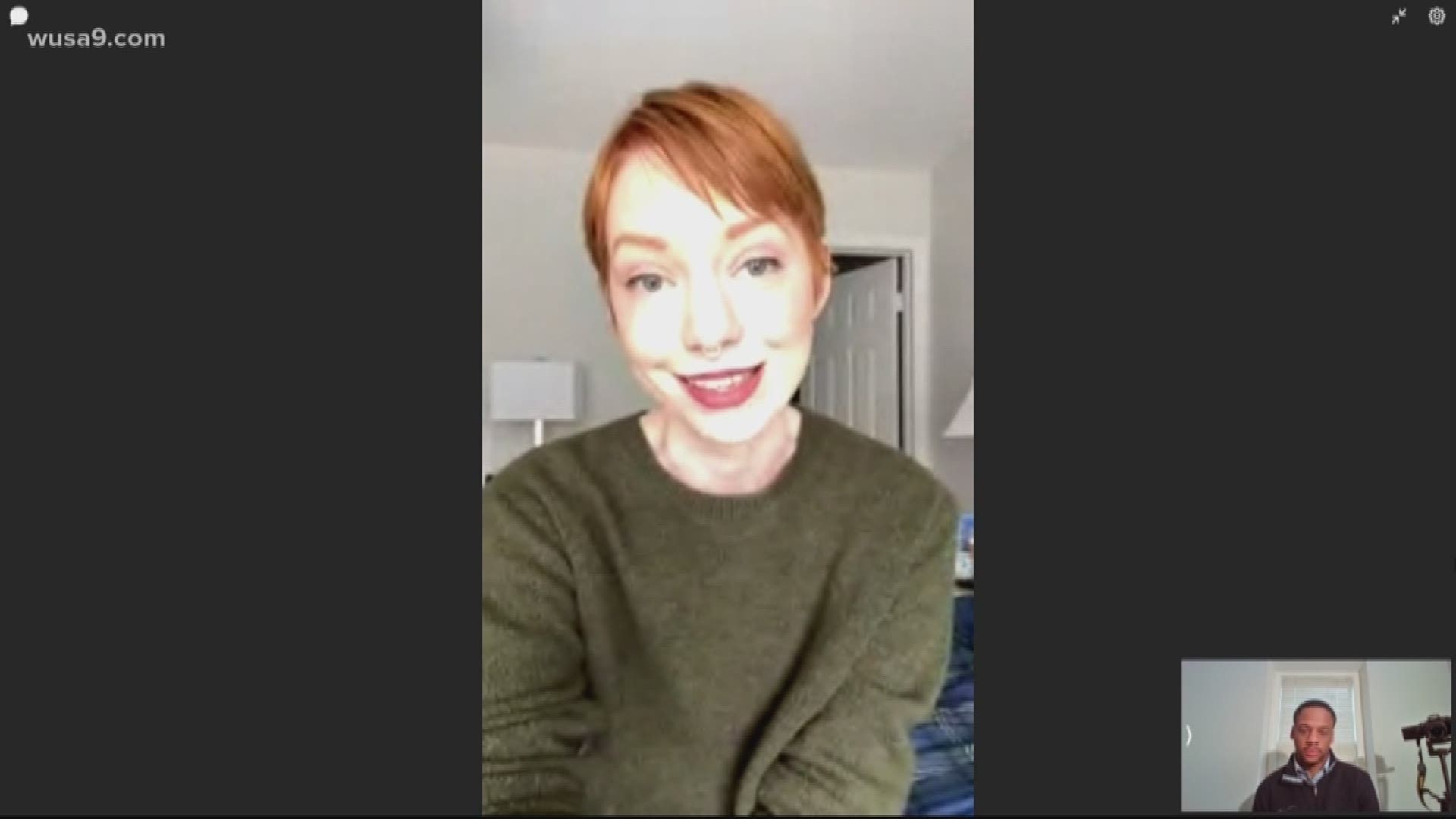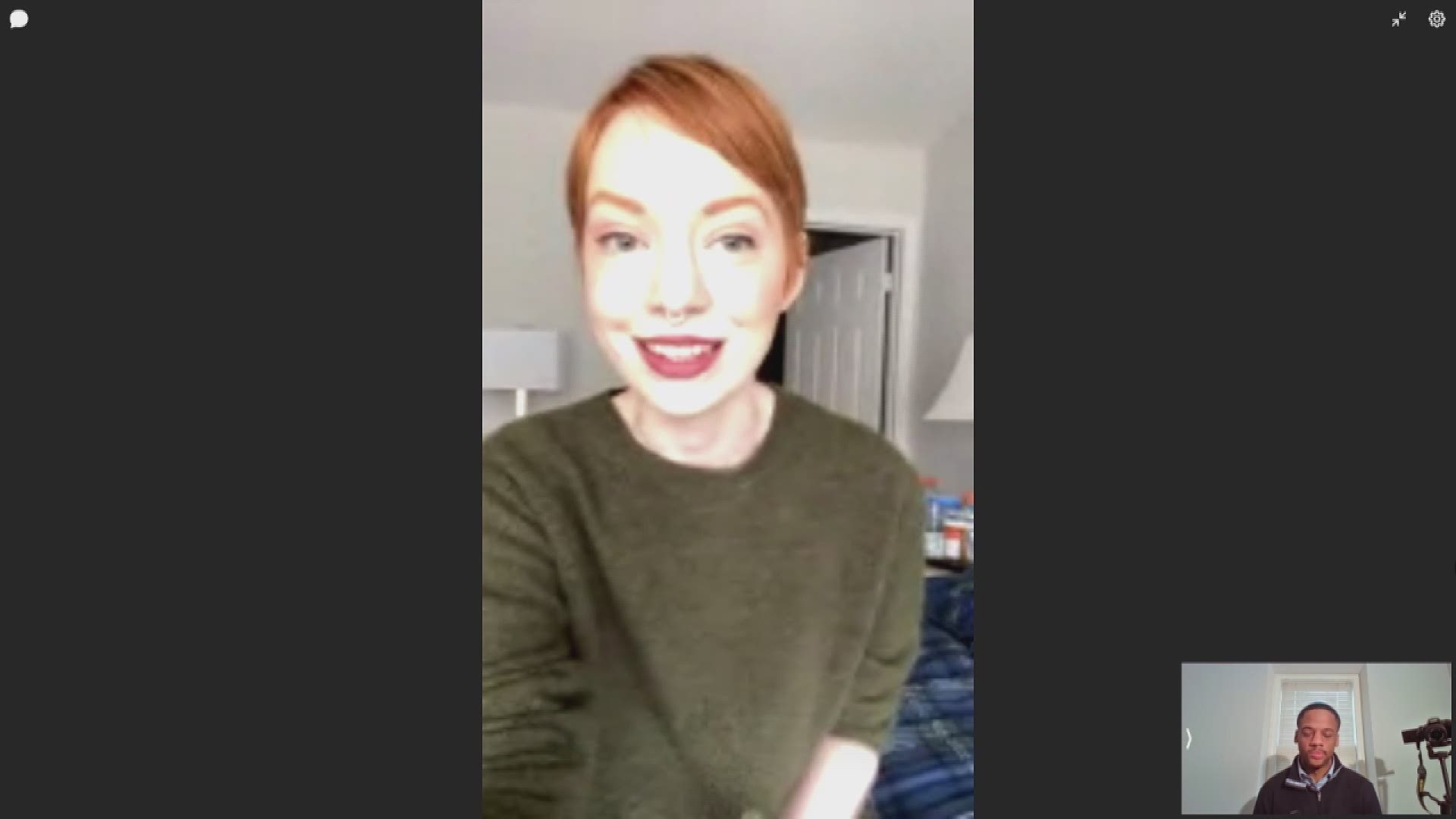WASHINGTON — Locals who are immunocompromised are once again asking others to use more caution as the coronavirus continues its spread.
Pictures and video from D.C.’s Tidal Basin went viral Saturday afternoon as crowds gathered to view the cherry blossoms.
Both the D.C. and federal governments have discouraged large crowds from gathering in the District to stop people from passing COVID-19 to their peers.
Caroline Fenyo, a D.C. college student, said she was angered by what she saw of the National Mall online Saturday.
"I think seeing that photo in D.C. was really upsetting," she said. "The cherry blossoms will be here every single year. They're literally always here around this time. You can come back. We're not going to be here if we don't take this serious, like a year from now."
Fenyo has a genetic disorder. She said she takes medication for it, which consequently suppresses her immune system.
"If I get something, it's really hard for me to fight the infection and illness," she said.
On Tuesday, Fenyo logged on Twitter to write a post urging others to be more considerate of how their actions can impact people with compromised immune systems.
Fenyo’s tweet included the hashtag, #HighRiskCovid19. Thousands of people have posted that hashtag over the last week to share messages similar to the ones tweeted by Fenyo.
"I figured I would kind of use that platform to post about the fact that not only are young people taking coronavirus seriously, but there are young people who are at extremely high risk of dying or becoming seriously ill from coronavirus," Fenyo said.
Rockville resident Taylor Kobelja posted a tweet with the hashtag #HighRiskCovid19 last Saturday.
She said she takes medication that artificially suppresses her immune system.
"My husband and I have both had heart transplants and because of the transplants, we're immunosuppressed," she said.
Kobelja said she believes her actions and the hashtag are making an impact.
"Doctors are telling you, you need to be careful," she said. "The government is telling you, you need to be careful. Your neighbors are telling you, you need to be careful. At a certain point, you need to start listening."
Kobelja said it is important to understand that sometimes people with immunocompromised systems do not always look sick.
"It's not so easy to recognize that maybe your neighbor has asthma or has had a lung transplant," she said.
In the end, Fenyo says it is better to be safe than sorry.
"I'd way rather look back and be like, 'we were way too overcautious about this and could have done less'."


